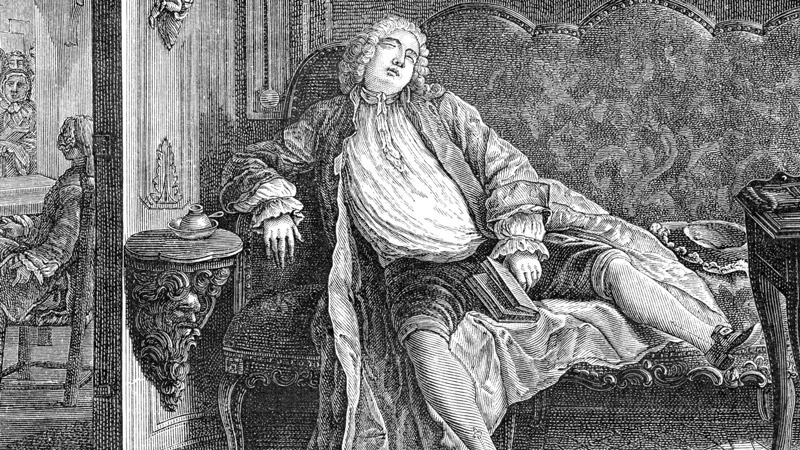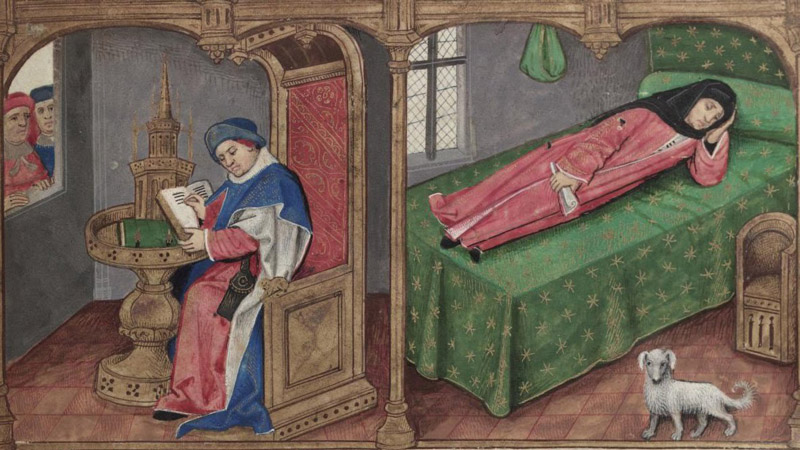
For decades, science has idolized the elusive perfect night of sleep: eight uninterrupted hours of deep, restful slumber that leave you waking up feeling refreshed the next morning. Researchers preach that modern society and its constant distractions are to blame for the current epidemic of sleeplessness, and that we should be mimicking the sleep habits of our ancestors. Without smartphones, TVs, and light bulbs, they claim, our forebears were able to sleep peacefully from night until morning free from interruption. But in reality, for the majority of human history, people slept in two distinct stages during the night.
The notion that sleep should occur in one continuous block of time only dates back approximately 200 years. Before the invention of electricity, human activity was governed by the rise and fall of the sun. While artificial light was available in the form of candles and lanterns, fueling these light sources for more than a few hours was unaffordable to the masses. As a result, people commonly retired to bed shortly after dusk, thus beginning the first phase of their night's sleep.

"First sleep" lasted about four hours without interruption, after which our ancestors awoke in the middle of the night, as we often do today. However, rather than returning to sleep after a glass of water or a visit to the bathroom, our forefathers remained awake and active for one to two hours. Most people stayed within their bed chambers and read, wrote, and prayed.
However, these hours were not always devoted to solitary activities. People often engaged in conversation with their families, and some even left their homes to visit neighbors. After this period of nocturnal activity, people typically returned to bed for "second sleep," which lasted another four hours until dawn.
Our natural inclination to divide sleep into two distinct phases persisted until the Industrial Revolution. At this time, life began to revolve around the factory, and the concept of spending ten hours in bed was incompatible with the newfound focus on efficiency. Concurrently, the advent of electricity and public lighting transformed the night into a time that could spent working or socializing. The combination of these factors led people to abandon two stage sleep in favor of one uninterrupted block that continually shrank each year with the demands of modern society, resulting in the current epidemic of sleeplessness.
For this reason, if you have a tendency to wake up in the middle of the night like your ancestors, it may be best not to fight it but to embrace it. Consider taking some time to read or meditate if you find yourself lying awake after "first sleep." Planning this solitary time may change your entire perspective on your sleep pattern. As sleep psychologist Gregg Jacobs declares, "for most of evolution we slept a certain way. Waking up during the night is part of normal human physiology."
